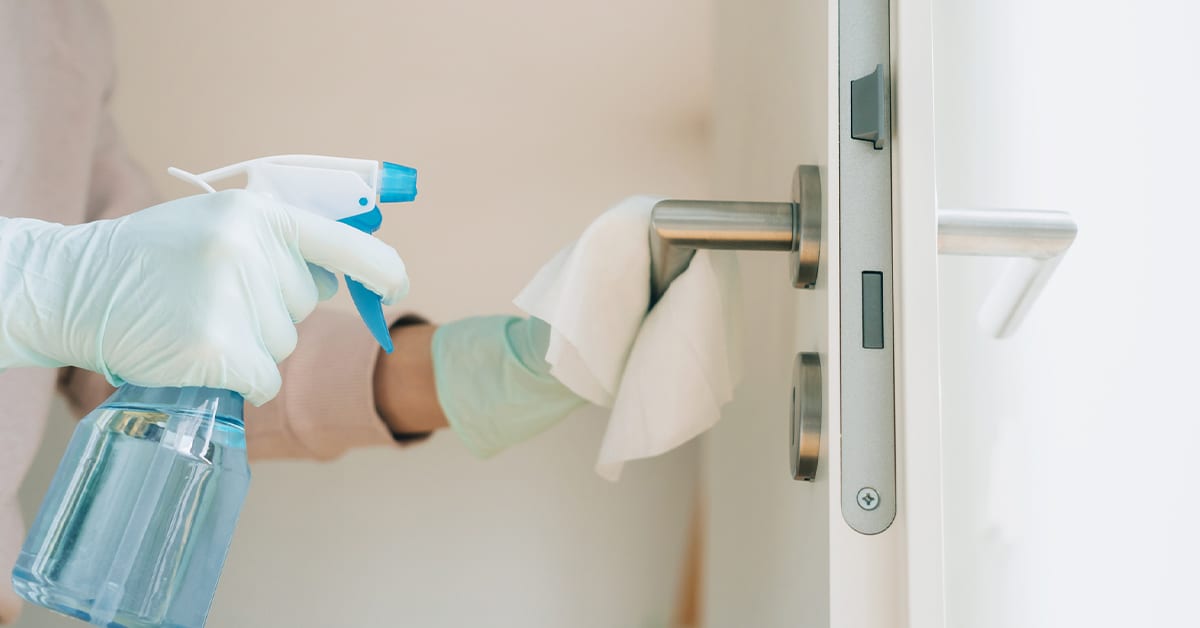Skift journalist Matthew Parsons forecasts how the way we travel for work will change once travel restrictions are lifted.

In an Instagram Live interview with global chauffeur company Blacklane on Friday, the Corporate Travel Editor at Skift said he anticipates some big changes on the horizon for both business travelers and suppliers.
Increased demand on both sides
“I think there’s a lot of demand and it’s just going to go up and up. It’s just a waiting game at the moment but I’d say people are ready to move,” said Parsons.
With the world going stir-crazy at home, Parsons’ prediction is a continuation of the blurring of the line between leisure and business travel. Beyond just catching up with the business trips that have been on indefinite hold, professionals will also be motivated by regaining their globetrotter lifestyle.
“For some people it’s a way of life. You know, the road warriors, it’s what they do,” said Parsons.
On the supplier side, Parsons says they’re just waiting to hear the go-ahead from corporations so they can begin preparing for the sudden influx of customers, as well as enacting any new safety measures the market requires.
“The demand is there, it’s just about whether the supplier side can meet that demand and tick all the right criteria for the corporates.”
Challenges for travel managers
“I think travel managers are going to be fighting a lot more in the future to kind of justify the value of travel to the business,” Parson said.
Especially with the increasing involvement of Finance departments in making travel decisions, Parsons sees large companies re-evaluating their travel spend after seeing what they’ve saved on travel during the lockdown.
“A lot of people kind of know the value of travel, if it’s embedded in the organization it can be a very successful way of growing the business, but on the other side of this it’s going to be interesting to see how they justify the travel budget.”
A slow re-growth
“The volumes were huge prior to this. If you go back to November, just the amount of business travel was booming,” Parsons said.
“I looked at this argument about a month ago, just after joining Skift, and it’s a lot of business travel, but it’s a lot of indulgences. There’s a lot of unnecessary, nonessential business travel taking place. “
In order for the business travel industry to regain that high footing, it will have to face not just the financial impact of the lockdown, but also changing attitudes and the impact of tech solutions like virtual meetings.
“Coming back to those levels will take a long, long time… four, five years.” he said.
Events will go virtual

“There’s a lot of interesting innovation around technology that we’re going to be seeing in the next few months. The ITM, the Institute of Travel Managers in the UK, they’re a pretty big organization, five to 600 people, they’re going to be moving to virtual for their event in May,” said Parsons.
ITM isn’t the only one going digital. From Microsoft’s Build conference to Skift’s own Skift Forum Europe, many of the largest business traveler draws are moving online.
Private cars will be the new planes
While airline measures like removing the middle rows from their aircrafts and making face masks compulsory will help, Parsons anticipates air travel taking a temporary hit from travelers and travel managers.
“Straight away, that imagery makes you think “is this the safest way to travel”, so I think the short-term impact will be huge demand for ground transport. Maybe not the car-sharing, but in those initial phases I think they will replace rail travel, short-haul flights potentially,” said Parsons.
On a personal level, Parsons said that he too would prefer a private vehicle.
“Again until there’s that vaccine or the numbers really significantly drop down, I would feel safer. When you go to a supermarket and see the measures being taken, to think of that plane environment…”
Extra safety measures will become the new standard
Among the airline measures mentioned above, Parsons also highlighted additional cleaning steps, mobile keycards at hotels, plastic barriers, as well as things that were once seen as marketing gimmicks, like robot-delivered room service.
“These measures, whether or not they’re 100% effective, will be really important just to give people confidence and really assure travelers. From the business travel side of things it’s all about reassurances and confidence, to make people less nervous about traveling,” Parson said.

Despite these assurances, Parsons warns that the transition will not be instant.
“I think we’re a long way off. We’re talking millions and millions of travelers waiting to get going again, so it’s going to be a long process unfortunately.”
Lower prices in the short term
While he concedes that it may be too soon to tell, Parsons predicts some potential price wars as travel companies try to get back on their feet.
On the other hand, when it comes to airlines, Parsons says that they may find some unexpected support from business travel organizers who rely on particular routes.
“Funnily enough a lot of the travel managers I talk to, travel buyers, have been saying they’d be happy to pay the higher prices initially to help,” said Parsons.
“It’s the secondary routes which are going to suffer in the initial recovery because they’re expensive to run.”
There is a bright side
“One positive aspect for me will be globally there’ll be such a greater appreciation for travel. It’s a privilege to travel, and I’ve always thought that travel is a force for good,” said Parsons.
Parsons also looks forward to the creative solutions that will emerge from this challenging time.
“I think of technology companies that are innovating and experimenting around distribution. There’s not much happening now travel-wise so they’ve got months and months to look at these integrations,” said Parsons.
“There’s a whole new world around the corner and it’s going to look so different, and that’s pretty exciting.”




